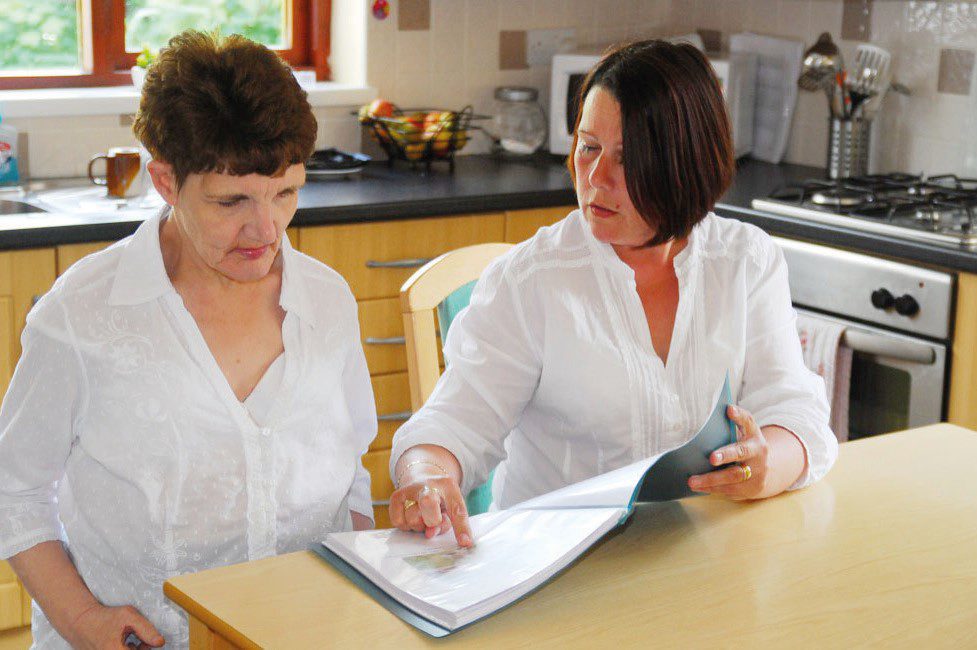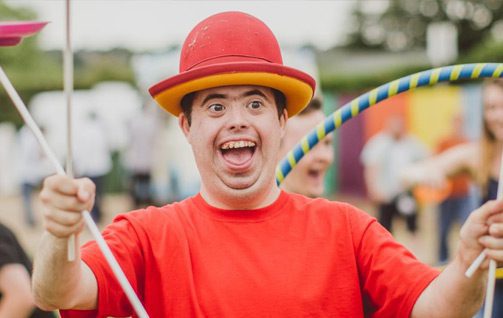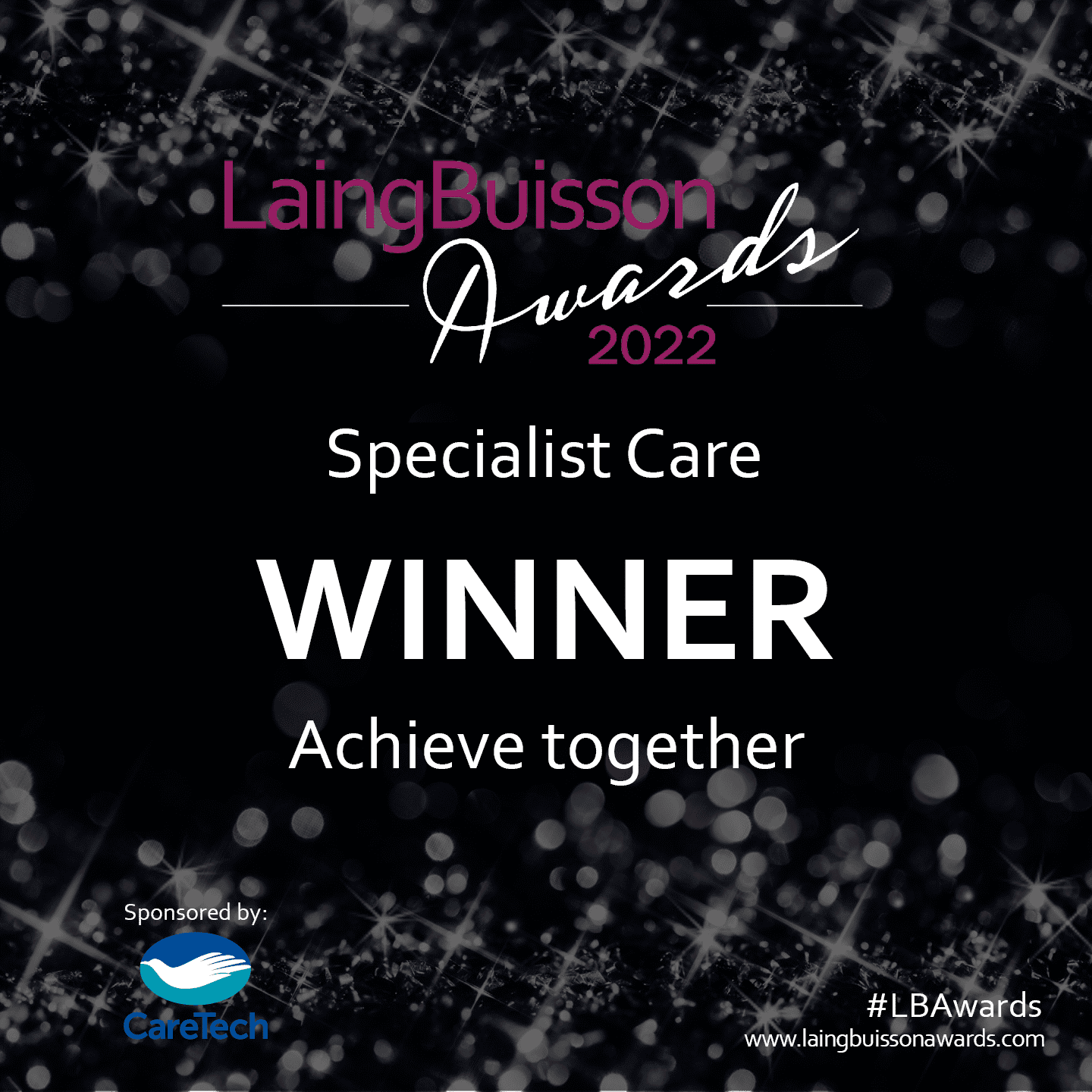Supporting people with learning disabilities and mental health conditions
Our dedicated nurse-led Health & Wellbeing Team includes adult, learning disability and mental health nurses. Included in this team are our Head of Forensic Mental Health, and Director Of Wellbeing (PG Dip Mental Health in Learning Disabilities). The home manager and/or internal Health & Wellbeing Team liaise with local healthcare professionals to ensure consistent and appropriate local health input is in place. We have excellent working relationships with community mental health and learning disability teams, as well as forensic and substance misuse teams.
Achieve together ensures that the mental health and learning disability support we provide is flexible. It is based on individual needs and in-line with the person’s Mental Health Support Plan. Person-centred planning enables us to undertake detailed crisis/relapse prevention planning whilst measuring progress and working towards a set of realistic outcomes. These outcomes are identified for everyone we support, which is a fundamental part of gaining greater independence and rehabilitation.
We appropriately safeguard people with complex multiple diagnoses. At the same time, we support them to exercise full choice and control. Pro-active and positive means of managing risk including a focus on personal safety plans are fundamental in achieving this.
We use clear, multi-agency risk assessments, strategies and high levels of supervision, where required, to facilitate inclusion.
Risk assessment and management tools are used within the team depending on the circumstances including:
- HCR-20 (Historical Clinical Risk)
- ARMIDILO-S (focused on reducing the risk of offending/reoffending)
- Self-harm and suicide prevention risk management plans
- Fire-setting risk management plans
Additionally, where people may have contact with the criminal justice system, we use a Good Lives Model of support to enhance the quality of life of the person and thereby reducing the risk of offending.





